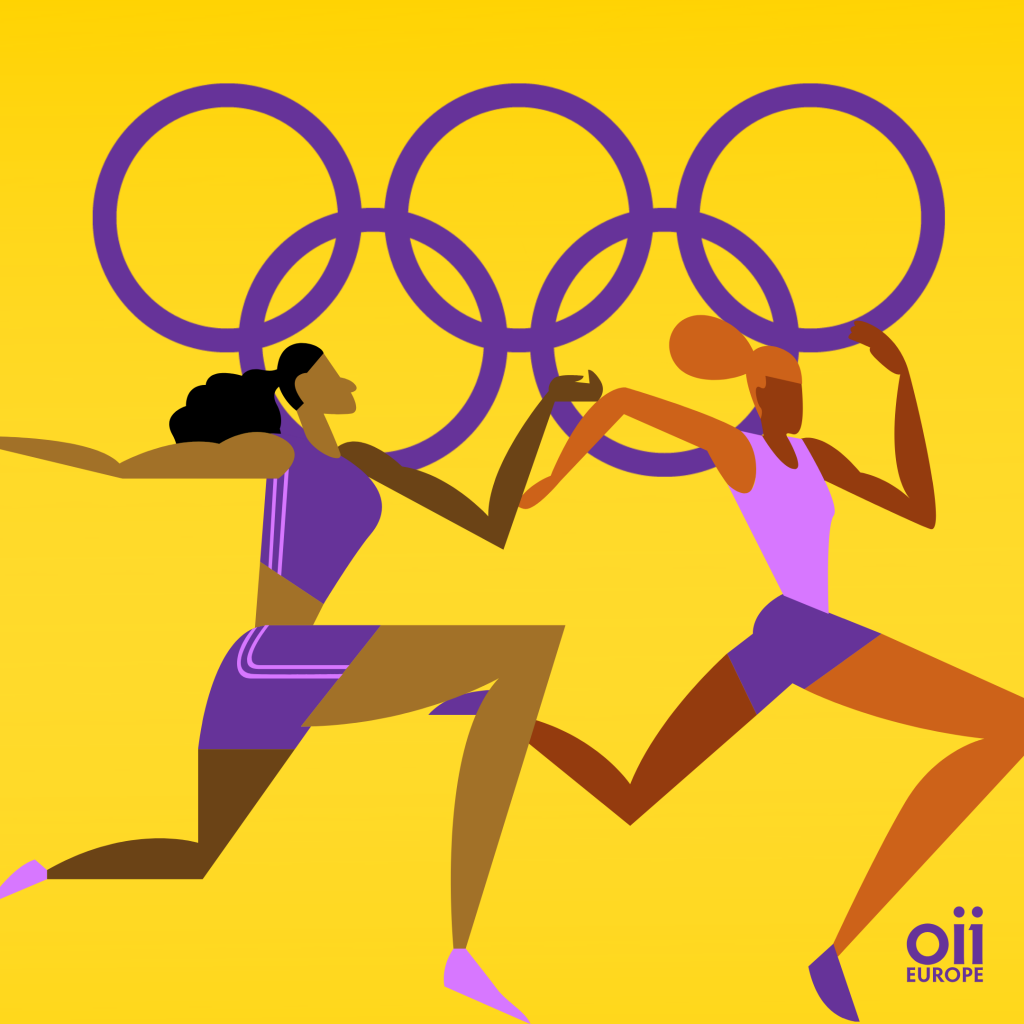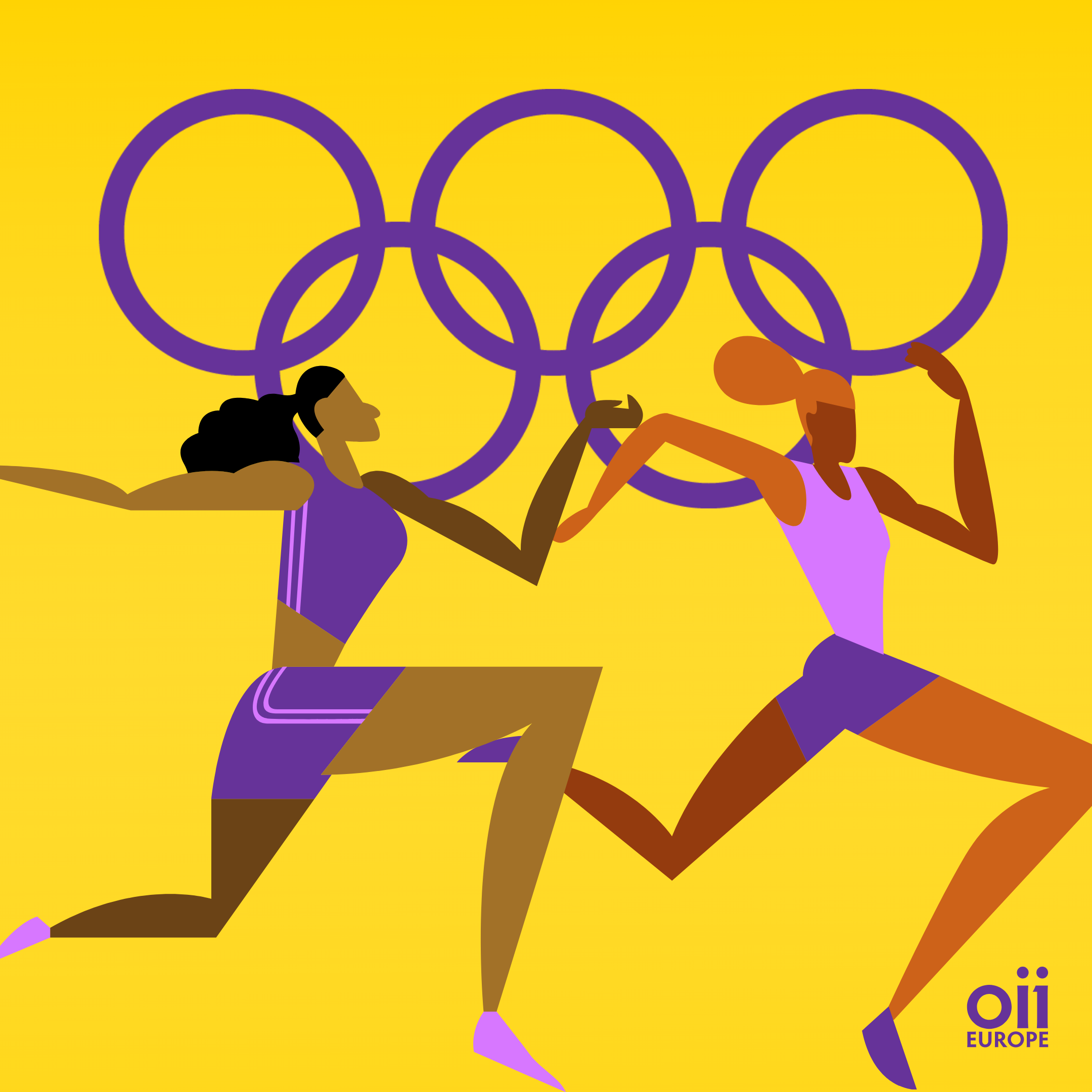
On November 16, 2021, the International Olympic Committee (IOC) announced the launch of a groundbreaking new framework on Fairness, Inclusion and Non-Discrimination on the Basis of Gender Identity and Sex Variations*. This framework was created after a two-year consultation process with more than 250 athletes and concerned stakeholders towards adopting a comprehensive human rights strategy.
The aim of the Framework is to offer sporting bodies, particularly those in charge of organising elite-level competition, a 10-principle approach to help them develop the criteria that are applicable to their sport.
These 10 principles are: Inclusion, Prevention of Harm, Non-Discrimination, Fairness, No Presumption of Advantage, Evidence-Based Approach, Primacy of Health and Bodily Autonomy, Stakeholder-Centered Approach, Right to Privacy, and Periodic Review.
The new framework updates and replaces previous IOC statements on this matter, including the 2015 Consensus Statement.
Previous statements such as the 2015 Consensus Statement supported eligibility rules like, e.g., the IAAF Hyperandrogenism rules from 2011 (unfortunately still replicated in current IAAF rules). These rules support racist and misogynistic practises that do a lot of harm, including targeting women athletes from the Global South based on racist stereotypes of femininity, or imposing unnecessary medical treatments on healthy women perceived to be “too masculine”, culminating to a currently ongoing case before the European Court of Human Rights about Caster Semenya’s right to compete.
Therefore we celebrate and support the IOC in leading a shift in professional sports towards a human-rights based approach, for which athletes, communities, NGOs, and human rights experts have advocated for many years.
To highlight a few sections from the new IOC Framework:
- It recognizes the need to ensure that everyone, irrespective of their gender identity or sex variations, can practise sport in a safe, harassment-free environment that recognises and respects their needs and identities;
- No athlete should be precluded from competing or excluded from competition on the exclusive ground of an unverified, alleged or perceived unfair competitive advantage due to their sex variations, physical appearance and/or transgender status;
- Any restrictions arising from eligibility criteria should be based on robust and peer reviewed research;
- Athletes should never be pressured by an International Federation, sports organisation, or any other party (either by way of the eligibility criteria or otherwise) to undergo medically unnecessary procedures or treatment to meet eligibility criteria;
- Criteria to determine eligibility for a gender category should not include gynaecological examinations or similar forms of invasive physical examinations, aimed at determining an athlete’s sex, sex variations or gender.
With the framework’s implementation a comprehensive roll-out phase is planned by the IOC, by offering webinars that may support and educate IFs and athletes on this journey and to build their capacities.
The success of the framework will be substantially dependent on the education and implementation process with international federations and national governing bodies. In this regard we hope that the IOC and other sports bodies will also consult with intersex and trans human rights organisations, as well as with nonbinary athletes.
While this framework is nonbinding, we do hope that sport associations take on the spirit of its human rights-based approach, to make sports a safe and fair place for all people, regardless of their sex, gender identity and/or sex variations.
### END ###
* The IOC framework uses the expression “sex variations” and we also use it across this statement when we explain the content of the framework. We prefer the wording “variations of sex characteristics”, which is the most used by the intersex movement and increasingly in international human rights documents.


